Author Archive
The Destruction of the World in Drive Your Plow Over the Bones of the Dead
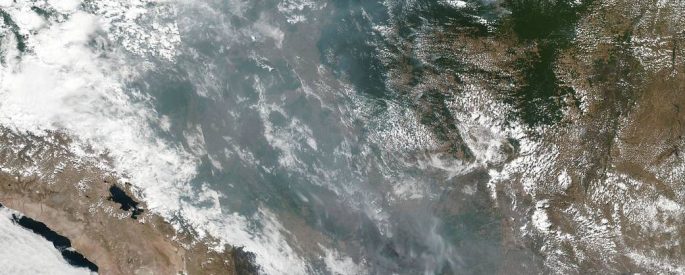
Olga Tokarczuk’s newly translated novel has been marketed as a murder mystery, albeit a strange one. It is that, partly, but underneath the whodunit is another novel: one about how our obsession with usefulness leads to greed, and the devastating impact of both on the environment.
Italo Calvino and the New Gods of Boston
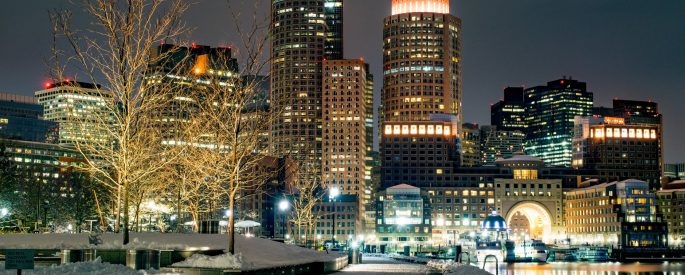
The visibility or invisibility of a city’s parts is always in flux, but this year it was dizzying. In March and April, Boston felt like a ghost town—its trains, streets, and office buildings emptied. The students disappeared, and so did my neighbor, Gary, who didn’t have a home to
Samanta Schweblin’s Experiments in Agency
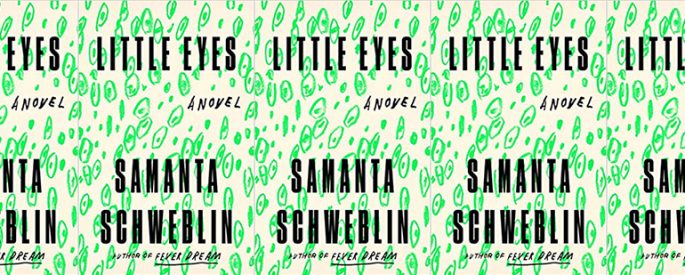
Schweblin's voyeuristic robots and continuously shifting perspective guides us through an extended meditation on personal agency that is both bleeding edge and timeless: when do we defend and when do we willfully forfeit our autonomy? How is it taken from us and how do we erase it from others?
The Ghost Stories of Muriel Spark
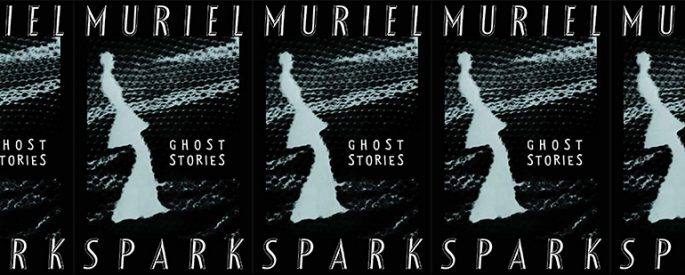
Best known for being a novelist, Muriel Spark was also a writer of short stories, many of which were ghostly. In her ghost stories, more often than not, Spark tests the old tropes by giving them a firm twist.
Glimpsing Truth in the Impossible with Lynne Sharon Schwartz
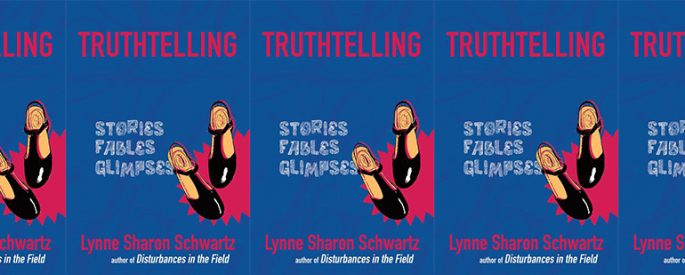
The stories in Schwartz’s new collection offer us an invitation to the unknown in ourselves and in the world. Turn to the impossible, they tell us, and explore it. We cannot help but do so since, after all, the impossible is going to show up if we’re ready or
Reading Flights in a Time of Isolation
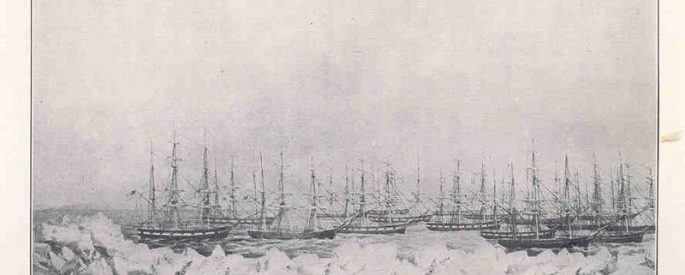
Olga Tokarczuk’s most recent book is filled with themes for this stationary time—the longing not just for travel, but for immortality through movement, through time or space, accompanied by a fascination with our fellow travelers.
Traumatic Transfiguration in Picnic at Hanging Rock
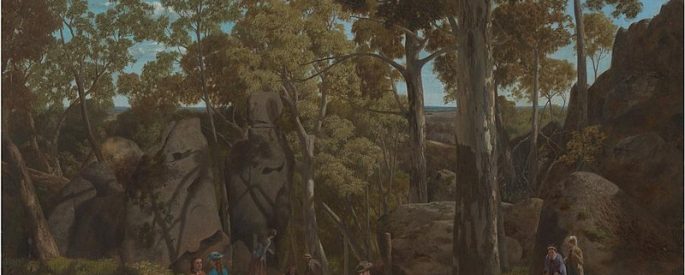
Joan Lindsay’s historical novel is about the transformations that take place after trauma, and how trauma is distorted when pressed into the molds of different class experiences, representing the final shapes we are allowed to assume.
Dissecting Suspense in Rebecca
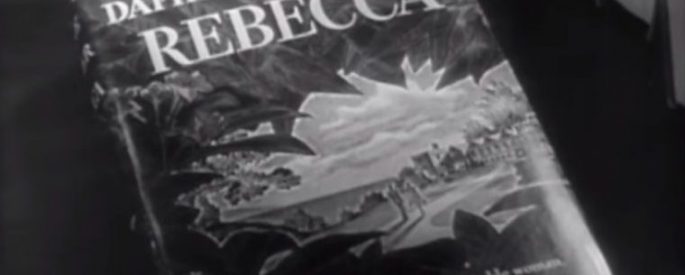
A master of suspense, Daphne du Maurier’s highest skill lies in finding the latent dread in mundane domestic moments.
Shifting Perspective in Anne Carson’s Autobiography of Red
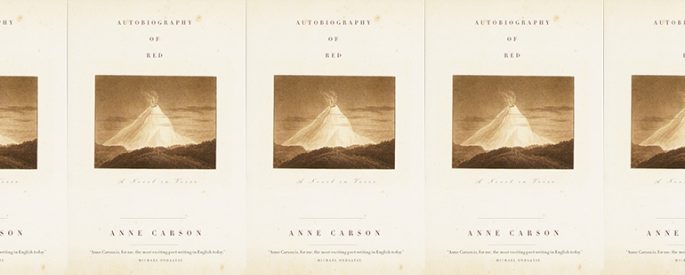
Carson’s novel is driven by unlatching being: her protagonist’s narration progresses from the self-absorption of childhood through adolescence and into the comparative wisdom of young adulthood. Carson shows this journey primarily through changes in the way that the outside world, and those who live in it, are observed.
The Two Versions of Tender Is the Night

Duality is a constant theme of F. Scott Fitzgerald’s final novel, and fracture along the resulting fault lines is its constant threat. Fitzgerald mirrored these fractures in a brilliant nonlinear structure, though whether he fully appreciated his own craft is unclear, given that he eventually decided to sabotage it.
- 1
- 2